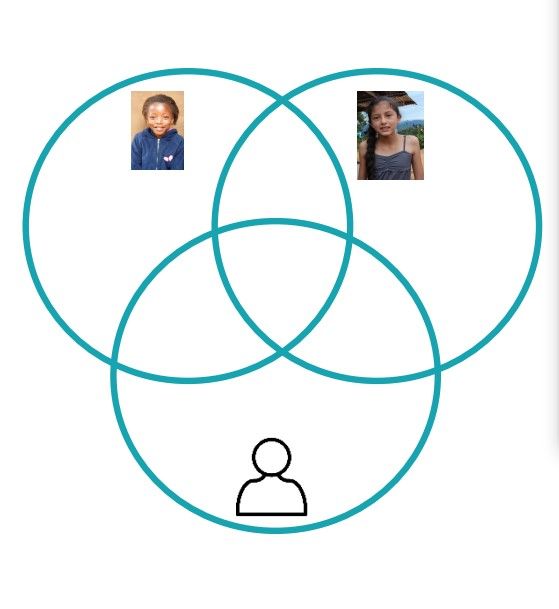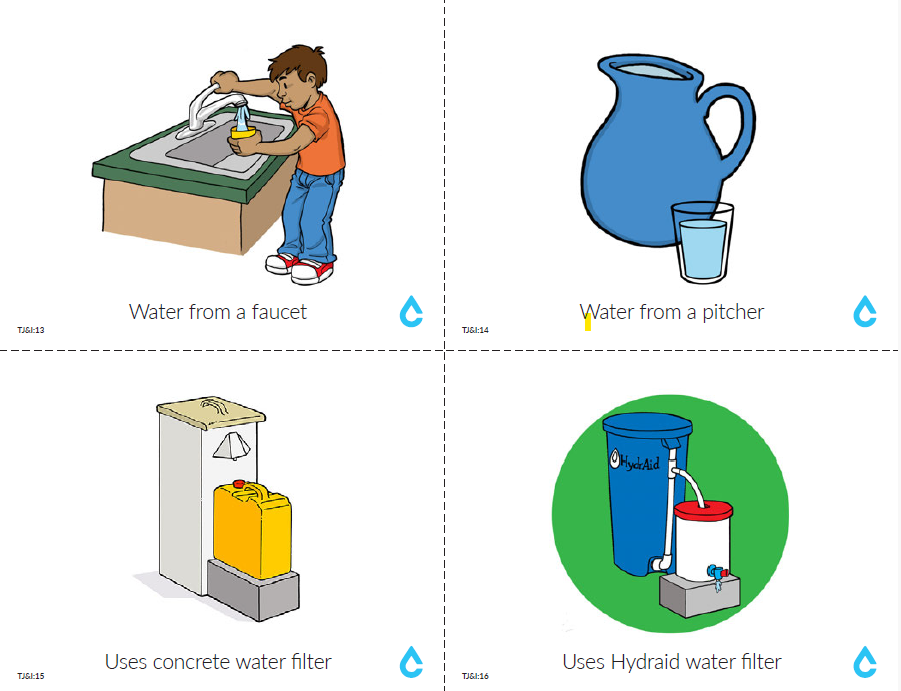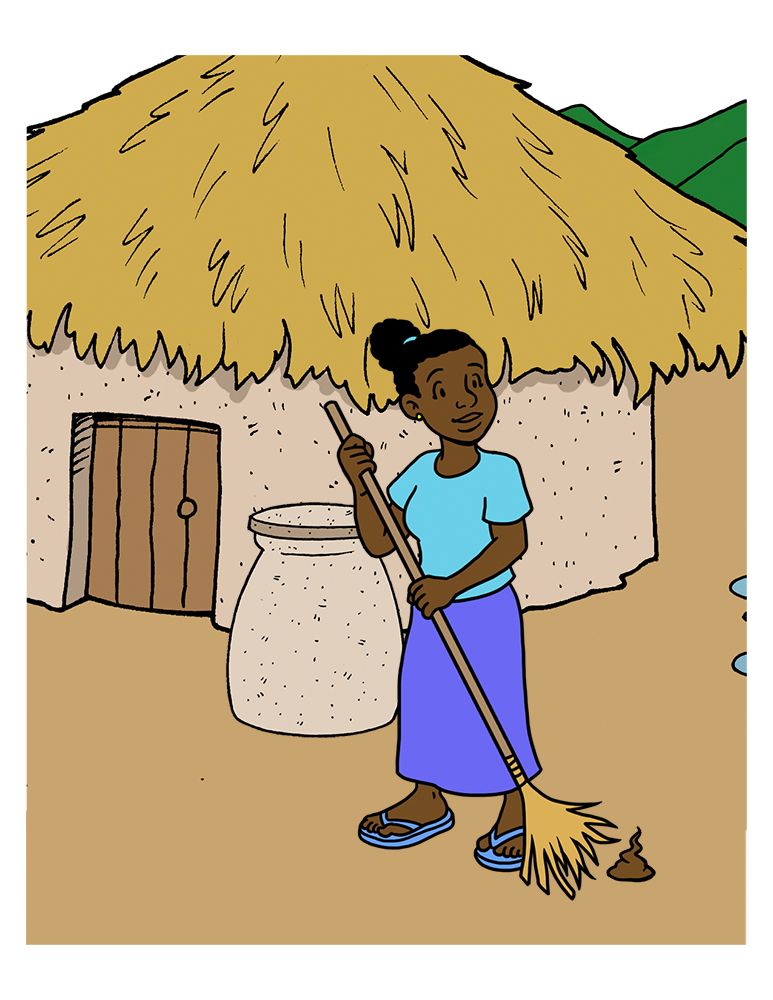In this lesson students learn about the lives of two girls, Tikho from Zambia and Jenny from Honduras, and how their communities are addressing issues with water and sanitation.
At the end of the lesson students compare themselves, with Tikho and Jenny, to build an understanding of the differences and commonalities, specifically as they relate to water and sanitation.
Options are provided for doing this lesson with a grade 1-3 or grade 4-6 audience.




